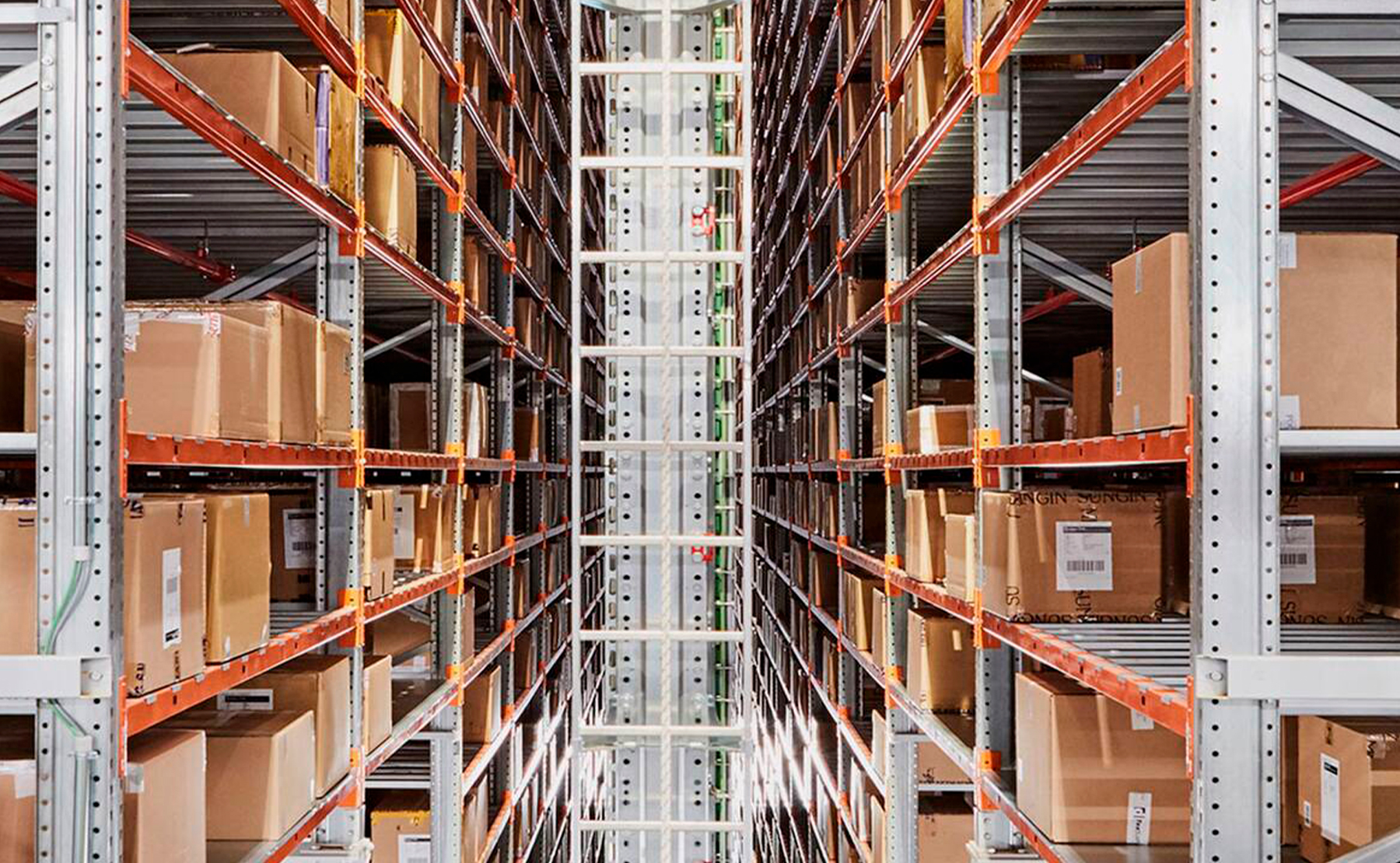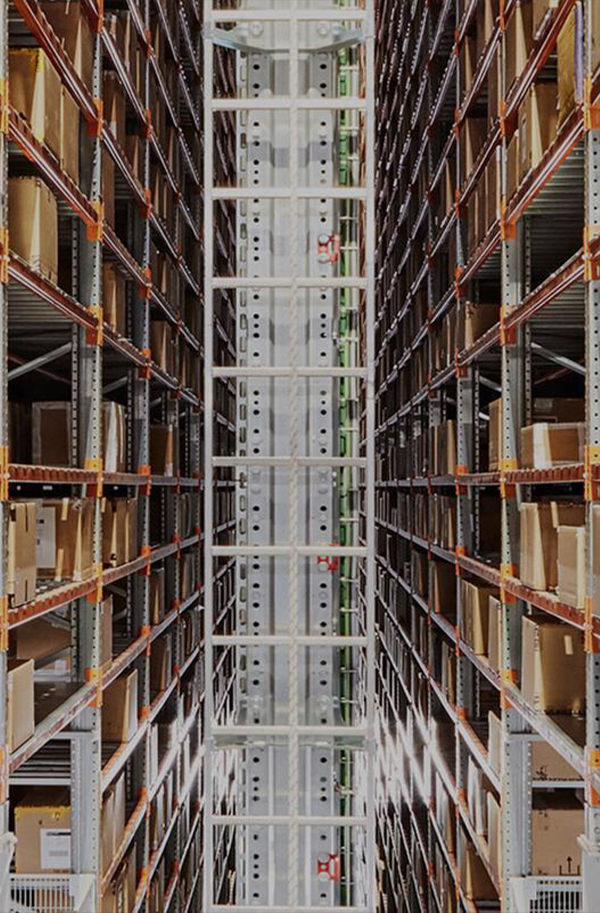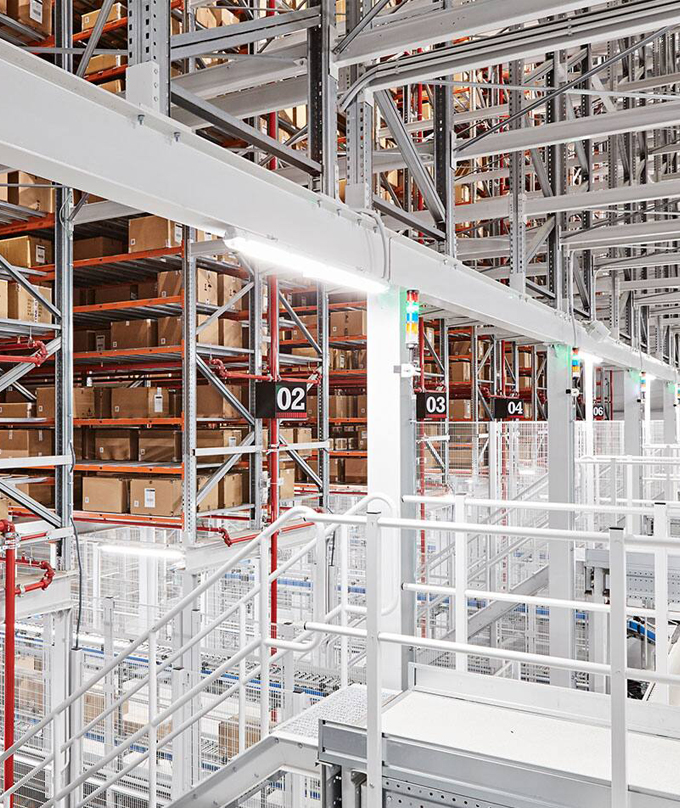

SUPPLIERS
Join Life
The sustainable business model implemented by Inditex encourages the development of its suppliers and manufacturers, which grow and improve in parallel with the company, and generates a positive impact on the economy of many countries.
“
All our suppliers comply with strict standards of responsible management, which prioritise protecting human rights and promote international labour standards.
”

SOCIAL SUSTAINABILITY DEPARTMENT
More than 3,000 people from Inditex’s Social Sustainability department (both internal, and external from internationally renowned firms) train all our suppliers and manufacturers in the world so that they are aware of and apply the requirements of its Code.

ONGOING TRAINING
This process of constant scrutiny and training to improve the supply chain is reinforced by lasting collaboration with stakeholders, such as business associations, non-profit organisations, regulators, public administrations and trade unions. With regard to the latter group, there is a noteworthy Global Framework Agreement with the international federation of trade unions IndustriALL , which represents more than 50 million workers who are affiliated to nearly 600 trade unions worldwide.

STRATEGIC PLAN
All these lines of action are set out in a Strategic Plan for a Stable and Sustainable Supply Chain, which fundamentally follows the United Nations Guiding Principles on Business and Human Rights, the standards of the International Labour Organisation (ILO), the recommendations of the Ethical Trading Initiative (ETI), and guidelines by the international federation of industrial unions IndustriALL.

POSITIVE IMPACT
To ensure that supplier activity has a positive impact on the communities in which they operate, Inditex works together with local stakeholders. For this reason, they join forces with unions, NGOs, workers’ associations, public administrations, etc., and participate in meetings with them, holding a dialogue with suppliers and manufacturers through clusters or dialogue platforms.

COOPERATION CLUSTERS
These clusters are defined as spaces for cooperation to promote a sustainable production environment in geographical area’s that are strategic for Inditex’s business model. They currently have clusters in Spain, Portugal, Morocco, Turkey, India, Pakistan, Bangladesh, Vietnam, Cambodia, China, Brazil and Argentina. They account for 97 % of production and help ensure that social and labour standards are applied at a local level.



